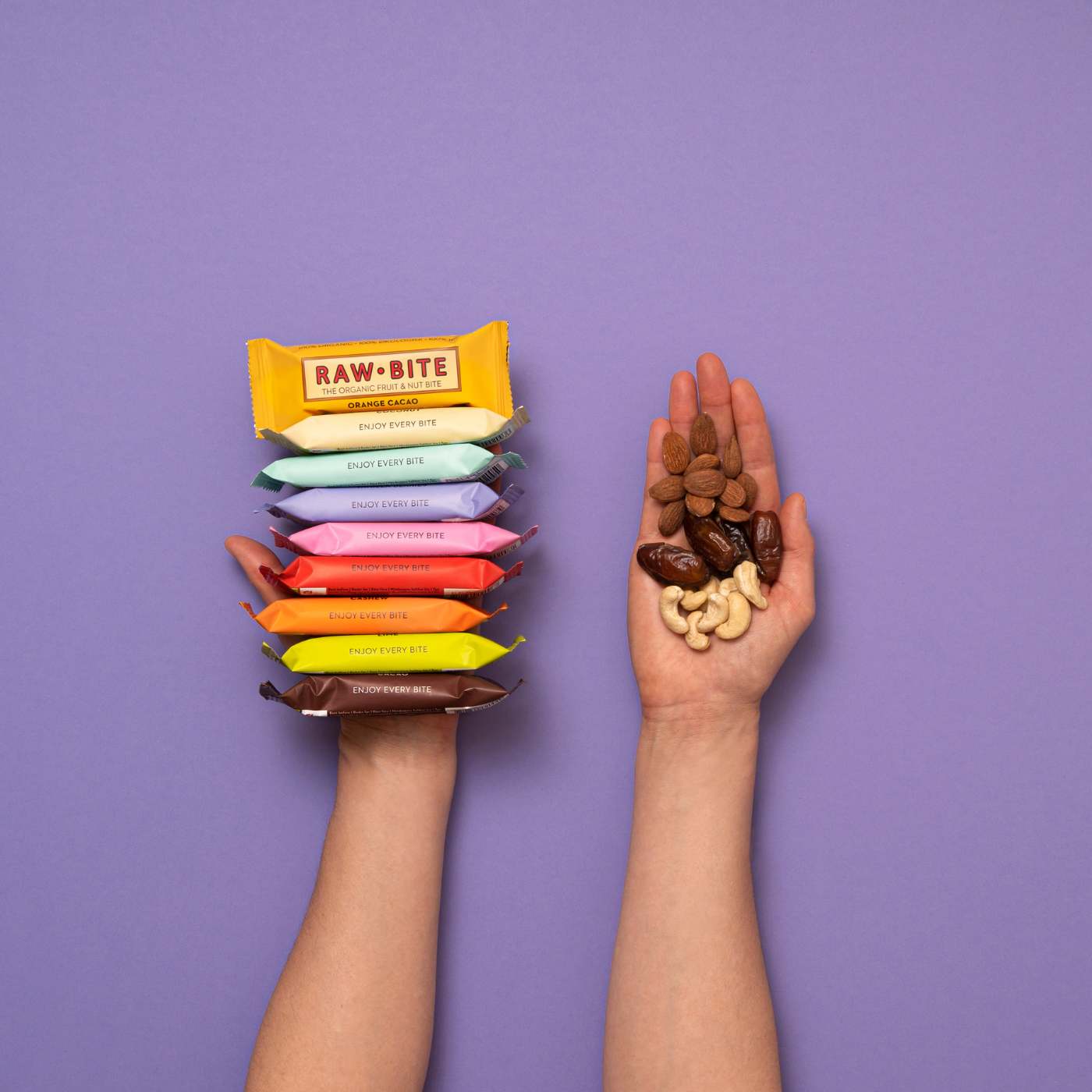Food loss and waste occurs along the entire food supply chain, from farms to processing plants and in supermarkets, restaurants and private households – which is where the majority of food waste takes place.
Did you know that according to a report from 2016 around 88 million tons of food are wasted across the European Union every year? A UN report found that in 2019 more than 930 million tons of food were discarded globally (1). To draw attention to the serious impact that this wastage has, the UN designated 29 September as the International Day of Awareness of Food Waste and Loss (2).
In Germany, the national protest day against food waste is 2 May, a date picked by the World Wide Fund For Nature (WWF) because all the food produced until this particular day ends up in the bin (3).
As you can see, there is global awareness of this issue – so what causes food waste?
Reasons for food waste
Food producers and retailers have to comply with different sets of standards and requirements than you do at home. In most cases, although it may not be their intention to discard food, it happens far too often.
There are many reasons for this, including:
- A lack of education about the impact of food waste
- Wrong understanding about best-before and use-by dates
- Prioritisation
- Overestimated quantities when purchasing
- Lack of time management
- Packaging sizes, standard portions in restaurants
- Aesthetic reasons (e.g. crooked fruit and vegetables)
- Production errors
- Product/packaging damage
- Stock management problems for producers and retailers
- Overproduction and/or too little demand
What can you do to prevent food waste?
10 tips to stop food wastage
Just like most changes, the key here is to take many little steps to reach your goal. These are often tiny tweaks to everyday habits – but they can have a great impact on the environment, protecting resources and even saving you money.
- Know the date!
As long as you stick to the storage recommendations, there’s nothing to stop you from consuming food after its best-before date. So before you bin everything on account of the date on the package, take a closer look and check whether the packaging is undamaged and whether the food looks, tastes and smells as it ought to. Very often, food is still good to consume, even after the best-before date has passed.
Did you know that use-by and best-before dates are not the same? “Use by” gives the last date on which that particular food is safe to eat – it should not be consumed after, even if it looks and smells good. Products with a “Best before” date can still be consumed after the date on the packaging . (4).
- Storage!
Whether it’s dark, airtight or chilled – make sure that you are storing your food properly to keep it fresh for as long as possible.
At RAWBITE we do everything we can to combat food waste: our bars and high quality ingredients are protected against external influences and have a guaranteed shelf-life of 365 days.
- Order!
Go through your kitchen cupboards and rotate your ingredients according to their best-before dates. This way, you can be certain that you’re using the oldest ingredients first, and that nothing gets forgotten in the far corners.
- Smart planning!
It pays off to make a plan both before and after you go shopping. By focusing on selected recipes and arming yourself with a shopping list you can avoid buying more than you need. Before you head off to the supermarket, take a look at what’s in your kitchen cupboards and make a note of what you’ve already got. But possibly the most important tip is never to go shopping when you’re hungry!
At RAWBITE we’re all about smart planning, too: we carefully plan which ingredients we need to make the projected quantities. We do everything we can to avoid making more than we can sell.
- Cooking with left-overs!
More food boxes in the fridge than fresh ingredients? No problem! Before you bin good food, why not combine scraps and left-overs to make a tasty new meal? Fry up yesterday’s potatoes, add some veggies to rice, or put together a healthy bowl with all sorts of tasty bits and pieces. Overripe bananas are perfect for baking, other overripe fruit can be stewed for delicious compote. Stale bread can be used to whip up some crispy croutons or home-made bread chips. Let your creativity run wild and add some variety to your meals by transforming your leftovers into yummy meals.
- Freeze it!
There’s a simple solution if you can’t use up all the ingredients or have made too much: pop any left-overs in the freezer and use them at a later date. Tip: show the environment some extra love by using storage boxes instead of plastic bags.
- Take away!
Feeling full and still got plenty on your plate? Ask the staff to pack up the rest of your meal for you to take home. This way, you get to enjoy a tasty meal the next day; if it’s not quite enough, you can always bulk it up with some other ingredients.
- Apps!
In our day and age of smartphones and online services, there are numerous dedicated apps that can help you do your bit to prevent food waste. The apps connect you with restaurants, supermarkets, bakeries etc. where you can buy food or meals at a discounted price before they close for the day. It’s a win-win situation: you save money and nothing gets binned.
- Squint – and just as tasty!
A lot of food ends up in the bin because its appearance doesn’t comply with standards. Many farm shops let you order a box of misshapen fruit and veg. Can you taste the difference between a crooked carrot and a straight one? We can’t either!
- Food sharing!
Pass on unwanted food and excess production in your local food sharing community. Keep your eyes open for public fridges and shelves, or volunteer to distribute food.
Taking action by consuming consciously
Conscious consumption is not only relevant in relation to food.
In your everyday life you can act more consciously with small changes:
For example, take the bike for short distances instead of driving with the car, find out whether your favourite cafe also fills up coffee cups you have brought with you and stop using to-go cups, or bring a tote bag for shopping to avoid using a plastic bag. With our RAWBITE tote bag made out of organic cotton you not only reduce your plastic consumption, you also look good!
Pure Taste. Pure Joy.
- https://ec.europa.eu/food/safety/food-waste_en
- https://ec.europa.eu/food/safety/food-waste/international-day-awareness-food-loss-and-waste_de
- https://www.wwf.de/2020/april/lebensmittel-retten-lebensraum-bewahren








